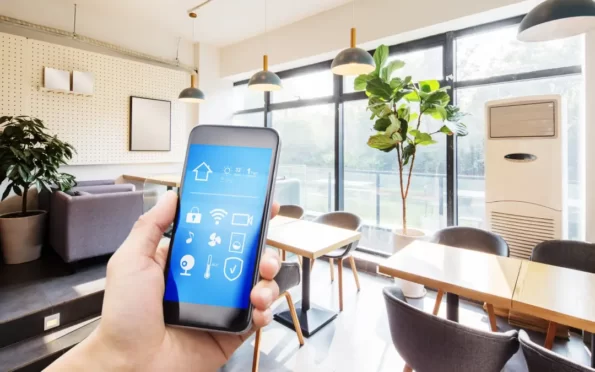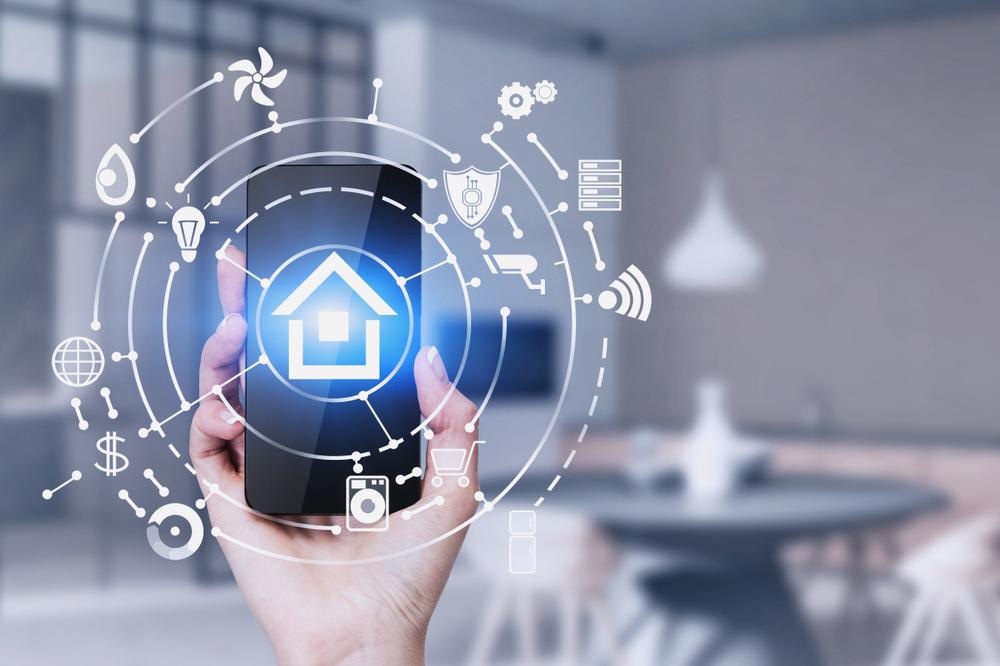In an age where technology is rapidly evolving, the concept of a 'smart home' has become increasingly popular. Many homeowners and businesses are now looking to integrate smart home technology into their everyday lives. But what exactly does this entail? In this article, we aim to have smart home technology explained in a way that resonates with both homeowners and businesses, providing a comprehensive overview of its benefits and uses.

What is Smart Home Technology?
Smart home technology refers to the use of internet-connected devices to manage and monitor various home functions remotely. From lighting and temperature control to security systems and appliances, these devices are designed to make life more convenient, efficient, and secure. By connecting these devices to a central hub or smartphone app, users can control their home environment with just a few taps.
Benefits of Smart Home Technology for Homeowners
One of the primary benefits of smart home technology is the ability to enhance the convenience and efficiency of daily tasks. Imagine being able to adjust your thermostat while at work or turning off lights you accidentally left on through your phone. Smart home devices can also lead to significant energy savings, as they can be programmed to work only when needed.
Additionally, smart home technology can greatly improve home security. With devices like smart cameras, doorbells, and locks, homeowners can monitor their property in real-time, receive alerts for any unusual activity, and control access to their home remotely. For a more in-depth look at smart home security, check out our comprehensive guide.
Smart Home Technology for Businesses
Businesses can also reap the benefits of smart home technology. In an office setting, smart devices can be used to optimize energy usage, enhance security, and improve overall operational efficiency. For example, smart lighting and HVAC systems can automatically adjust based on occupancy and time of day, leading to cost savings and a reduced carbon footprint.
Furthermore, businesses can utilize smart home technology to create a more secure work environment. By integrating smart cameras and access control systems, companies can monitor their premises and control who enters the building. For more on AI-driven solutions in smart homes and businesses, explore the future of AI in smart homes.
Common Smart Home Devices and Their Functions
There is a wide variety of smart home devices available on the market today, each designed to address specific needs. Some of the most popular devices include:
Smart Thermostats
These devices allow you to control your home's temperature remotely, learn your schedule, and adjust settings to save energy.
Smart Lighting
Smart bulbs and switches can be controlled via smartphone apps, allowing you to schedule when lights turn on or off, or even change the color of the lighting to set the mood.
Smart Security Systems
These systems often include cameras, motion sensors, and alarms that can be monitored and controlled remotely, providing peace of mind whether you're at home or away.
For a detailed breakdown of smart security options, visit AI security systems for smart homes.
Getting Started with Smart Home Technology
For those new to smart home technology, starting small and gradually expanding your system can be a good approach. Begin with essential devices like a smart thermostat or lighting system, and as you become more comfortable, consider adding more complex systems like security cameras or smart appliances.
To ensure a successful setup, refer to this smart home installation checklist.
Conclusion
As we have seen, smart home technology offers numerous benefits for both homeowners and businesses, from increased convenience and efficiency to enhanced security and cost savings. By understanding the various devices and their functions, you can make informed decisions about which technologies will best suit your needs. With the right approach, you can transform your home or business into a fully integrated smart environment.

FAQ
What is the primary benefit of smart home technology?
The main advantage is increased convenience and control over home functions, which can lead to energy savings and improved security.
Can smart home technology save money?
Yes, by optimizing energy usage and reducing waste, smart home devices can lead to significant cost savings.
How do I start with smart home technology?
Start with basic devices like smart thermostats or lighting, and gradually add more complex systems as you become more familiar with the technology.

